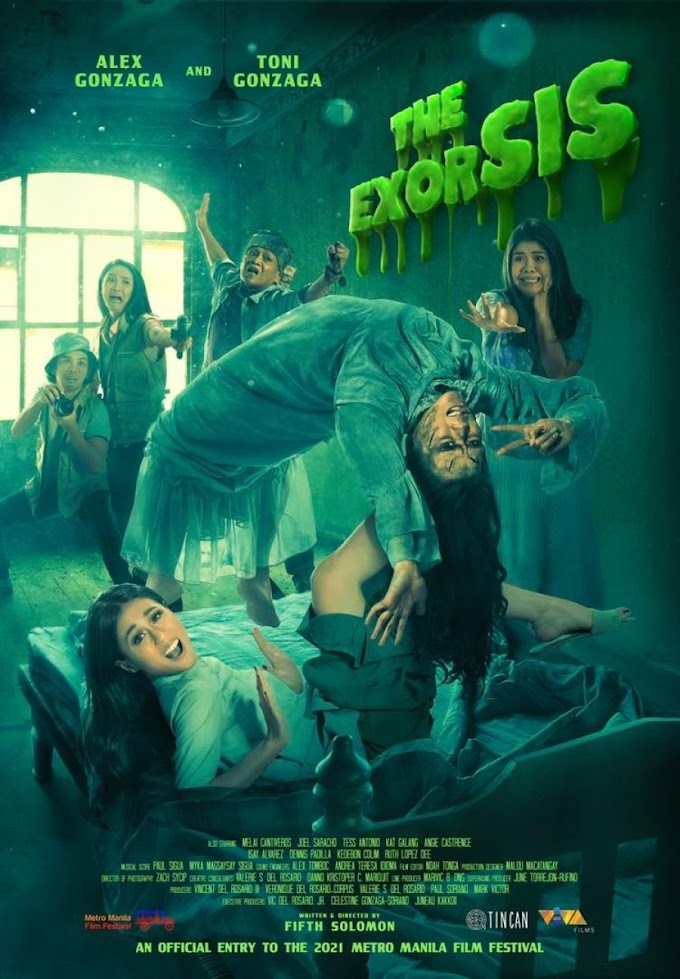Sthanarthi Sreekuttan – A Wholesome and Thoughtful Coming-of-Age Film
Sthanarthi Sreekuttan is one of those rare Malayalam films that surprises you with its simplicity and sincerity. Set in a rural government school in Kerala, it tells the story of Sreekuttan, a quiet and innocent backbencher who unexpectedly becomes a candidate in his class election. The film gently unravels themes of class division, self-worth, and childhood innocence all within the confines of a school classroom.
What immediately stands out is how real and grounded the setting feels. The school environment, the way children behave, even the teachers they all feel familiar and believable. There’s no artificiality or exaggeration. You feel like you're stepping into a real school, observing kids the way they are, not how adults imagine them to be. The storytelling doesn’t try to make the children overly "cute" or smart; instead, it embraces their clumsiness, curiosity, and unfiltered emotions.
Sreerang Shine, who plays Sreekuttan, brings quiet strength and natural innocence to the role. His character doesn’t speak too much, but his presence anchors the film. The supporting kids are equally brilliant, and there’s a lot of fun to be had in their interactions. Whether it's the mischievous “Bhasmam” gang or the perfectionist Ambadi, each child adds something unique and authentic to the narrative. Their conversations and pranks never feel forced—they're exactly what you'd expect from kids at that age.
The film’s emotional arc revolves around the classroom election, which becomes much more than just a plot device. It serves as a powerful metaphor for how social hierarchies and biases creep into even the smallest spaces. There’s a clear divide between front-benchers and back-benchers, toppers and slow learners, yet the film handles this without being preachy. It draws attention to inequalities, but does so with warmth and humour.
Another highlight is Aju Varghese, who plays the strict, bitter teacher Chakrapani. His character adds tension and occasionally even frustration, as he constantly undermines the underdog. He becomes a sort of obstacle that Sreekuttan must quietly endure rather than confront, which makes the final moments of the film more meaningful. Chakrapani’s character could’ve been explored more deeply, perhaps with a bit of his backstory, but even without it, his presence leaves a strong impact.
Visually, the film is quite charming. The cinematography captures the texture of a small-town school with gentle frames and soft lighting. The music is subtle and effective, and the background score never tries to overshadow the scenes—it enhances them. One of the songs in particular, with a nostalgic tone and simple lyrics, blends beautifully with Sreekuttan’s emotional journey.
If there’s one area where the film stumbles a bit, it’s in its subplots. A few side characters and comedic digressions feel underdeveloped or unnecessary. Some of the adult humour and random interludes slightly interrupt the film’s otherwise focused tone. These moments don’t ruin the experience, but they do slightly dilute the emotional rhythm.
That said, the film ends on a poignant and touching note. There’s a quiet, almost poetic final shot that lingers in your mind after the credits roll. It’s one of those endings that doesn’t rely on drama or loud music but still manages to stir something inside.
Overall, Sthanarthi Sreekuttan is a beautifully made, heartfelt film that deserves more attention. It’s not just a story about a classroom election—it’s about finding your voice, overcoming quiet biases, and celebrating the simplicity of childhood. The performances, especially by the children, are refreshingly natural, and the direction shows a lot of promise.
This is a film that will make you smile, laugh, reflect—and maybe even remember your own school days with a bit more fondness.
Rating: 4 out of 5
Recommended for: Anyone who enjoys feel-good, grounded stories with meaningful themes and well-crafted characters.





0 Comments